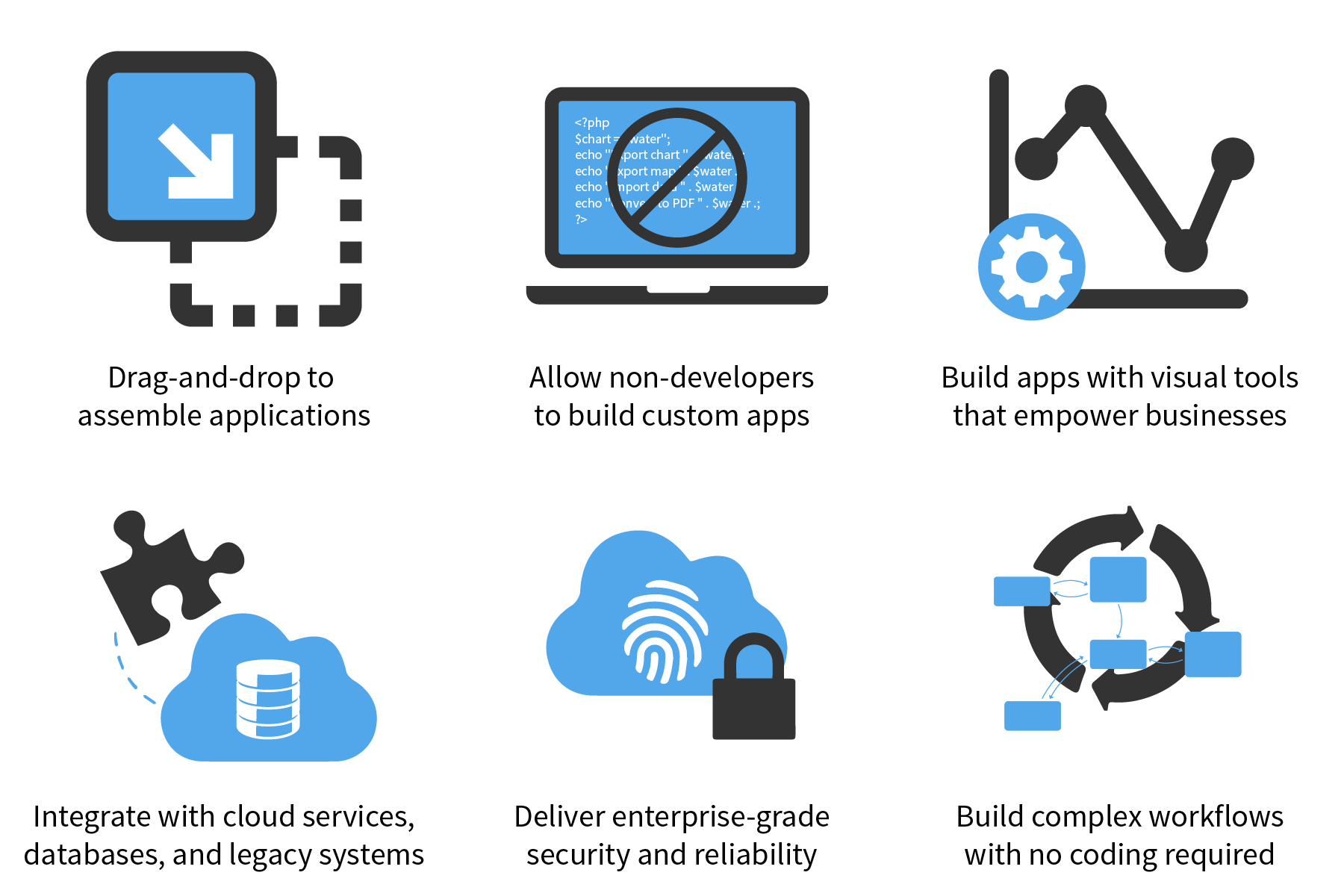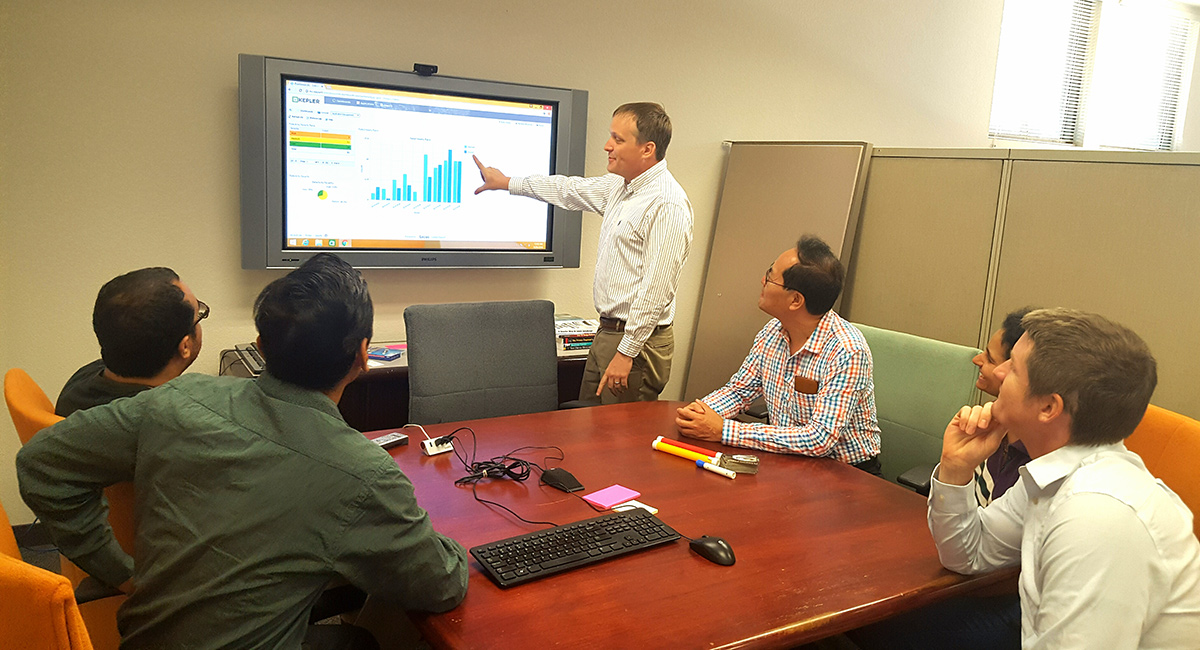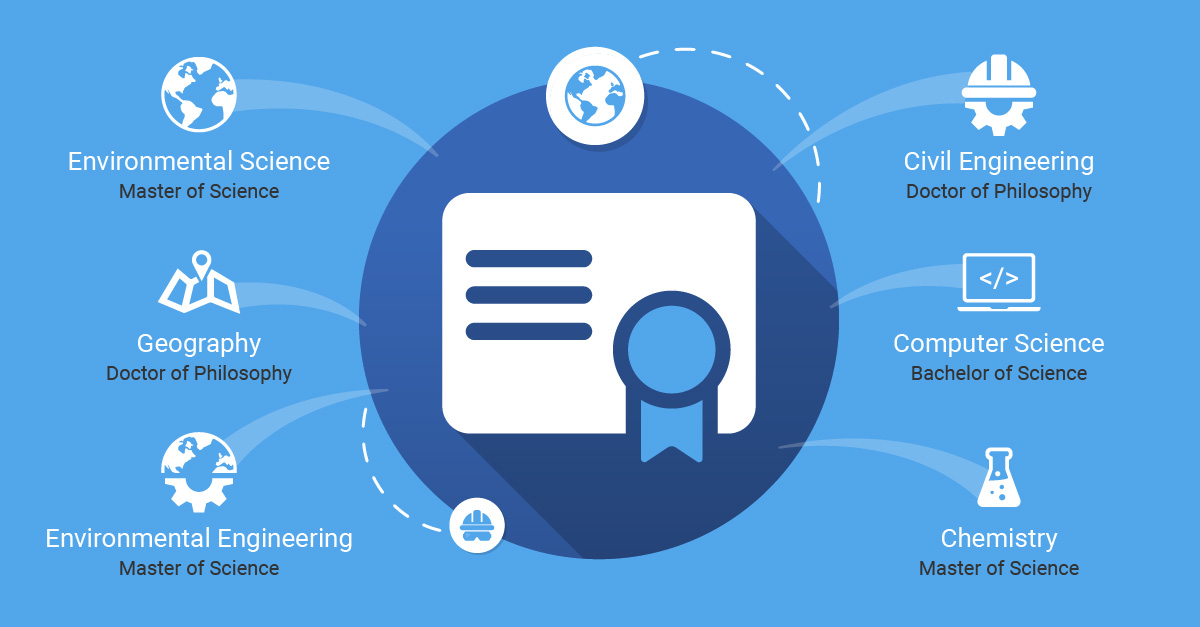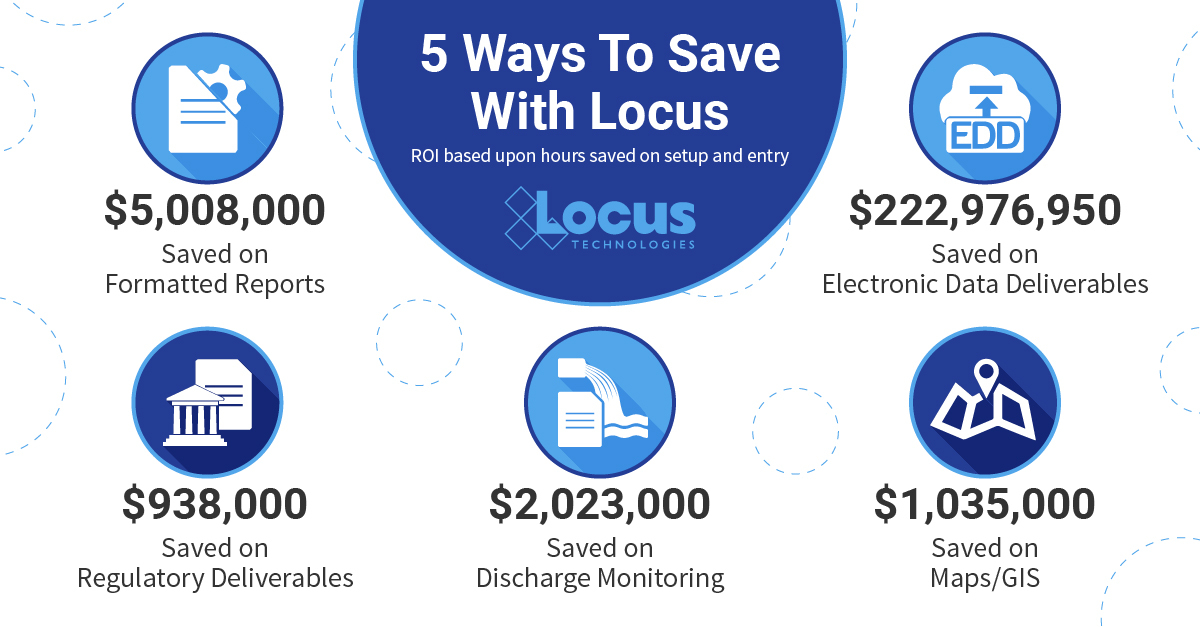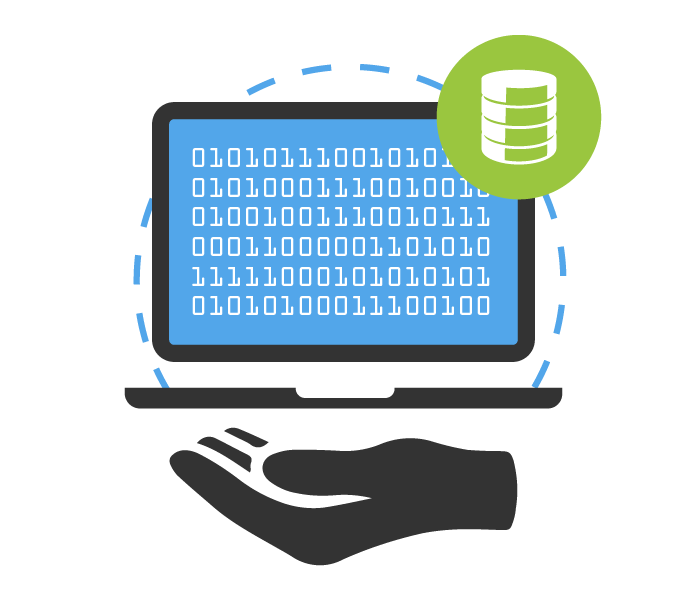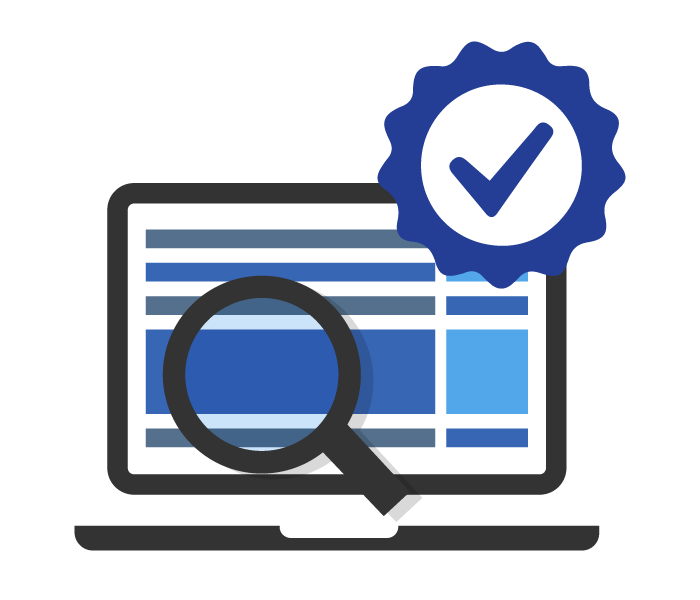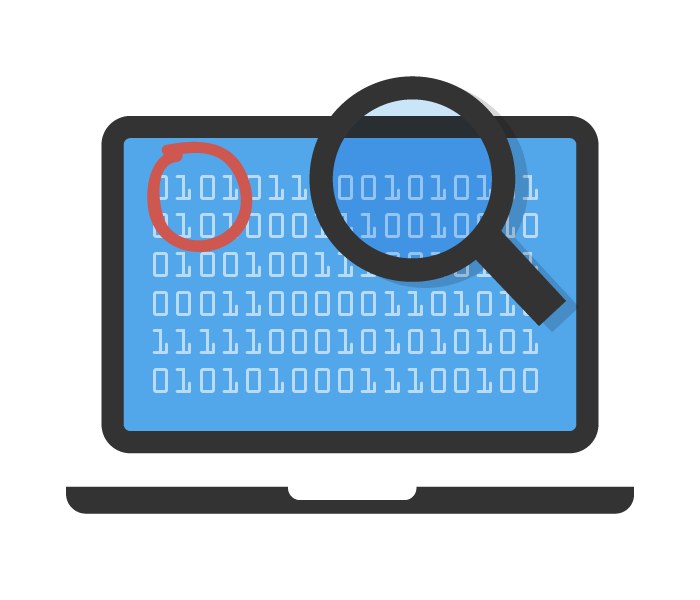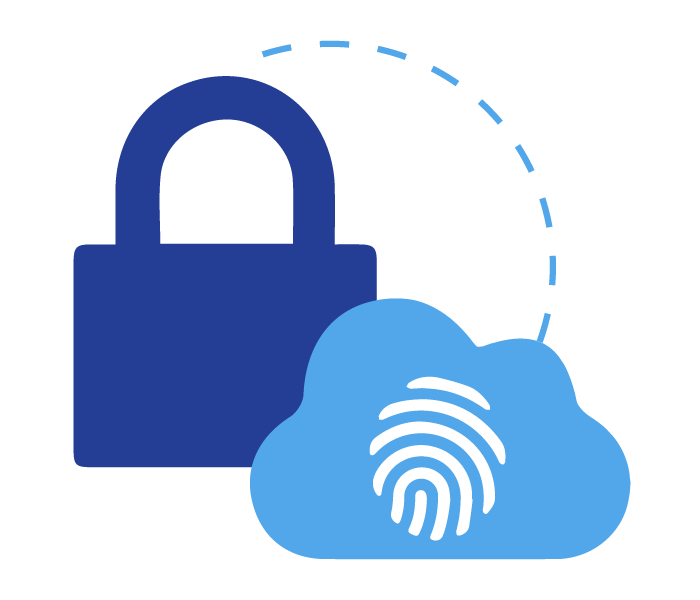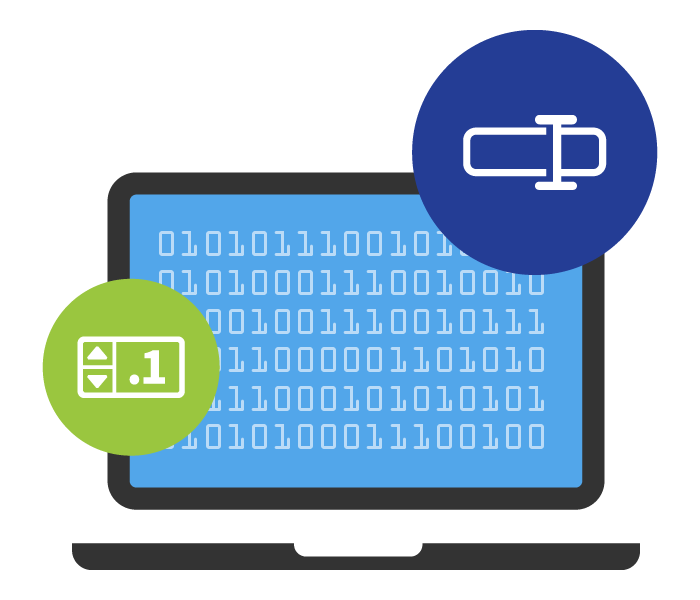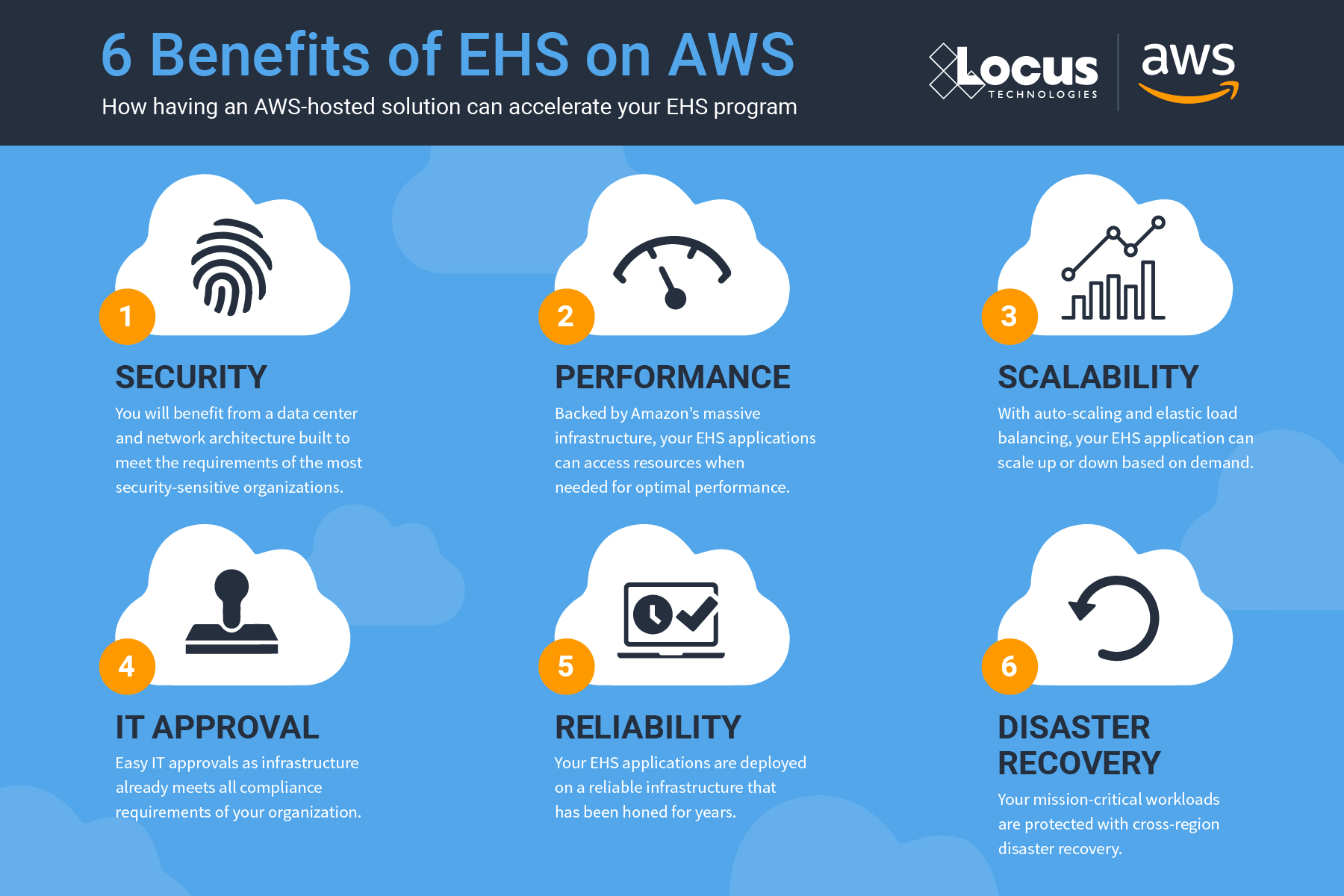Retire Your Environmental Paper Forms & Go Digital

I am constantly reminded by the number of calls we receive, that no matter how robust a SCADA and HMI system is, there is always a requirement for in-field O&M verifications and documentation. It’s almost universal and spans a myriad of industries, large and small, the need to monitor and record thousands of periodic (daily/per shift/weekly, etc.) routine readings/recordings at a prescribed frequency often recorded on pen to paper field forms. The same processes sometimes use “template” spreadsheets for data collection that are then emailed/placed on shared file servers or otherwise sent to some central location for review and post-processing. These processes are antiquated and subject to data quality and record-keeping challenges.
It’s time for an upgrade!
Electronic forms are great for collecting data and almost every business entity has built such forms in spreadsheets, word processing, or simple databases to collect the information. In addition, there is a software category of form builders, and they can certainly build forms. The question becomes is it a good fit to solve your business process issues?
Most customers have more sophisticated needs than simply collecting information on one or more custom forms – they want to do something with all the information collected far beyond what simple form builder tools can provide. Even customers with sophisticated spreadsheet forms, can’t manage them as they multiply exponentially or their Excel gurus retire.
Here are some examples of where you may require software tools beyond a simple form builder:
- Collecting equipment readings on each shift at multiple locations and reporting the data to centralized management, who review the data, and look for trends/issues.
- Verifying and validating data at the point of data entry to eliminate data entry errors.
- Automatically visualizing (charts or tables) information in near real-time to make operations decisions.
- Sharing the information with others.
- Scheduling activities related to periodic or infrequent data collection events.
- Receiving notifications when actions are due.
- Automatically creating regulatory reports in prescribed formats.
- Creating complex workflows and audited approval processes.
- Creating intelligent forms with calculations based on past data or other criteria.
Locus Platform is a configurable platform with standard applications that are easy to configure to customers’ unique requirements. One of its many strengths is its powerful form builder capable of creating simple or complex forms with simple or sophisticated logic. So, for customers looking to move from paper and spreadsheet templates, it’s an excellent option to consider, especially if you require more than a simple “fill in the blank” form for transmittal using mobile devices. Best of all, the data are securely stored in a database structure for reporting and alternative business uses and analyses, compared to the almost impossible management of hundreds of spreadsheets or paper forms.
Here are some examples where sophisticated forms are integrated with a flexible database:
- Water Utilities – Tracking chlorination and aerobic digestion processes with daily inputs/outputs with a monthly summary and chart and tracking well production across well fields.
- Water Utilities – Tracking periodic sewer discharges and water samples for permit compliance.
- Agriculture – Monitoring food processing equipment for compliance with optimum equipment opeating parameters for air permits.
- Pharmaceutical/Chemical Manufacturing Facilities – Tracking EHS daily, weekly, monthly, etc. investigations and in-house audits.
- Universities – tracking chemical inventories.
- Facility Engineering – Documenting O&M activities for groundwater treatment systems.
- Electric Utilities – Monitoring water/energy/gas usage from old-style meters for sustainability reporting with data entry validation.
- Refineries and Terminals – Collecting O&M, usage, and wastewater data.
If you still rely on paper forms and template spreadsheets and are ready to streamline your process and enhance the value of your data, give us a call and we can show you a range of options that will retire the paper forms for good!

